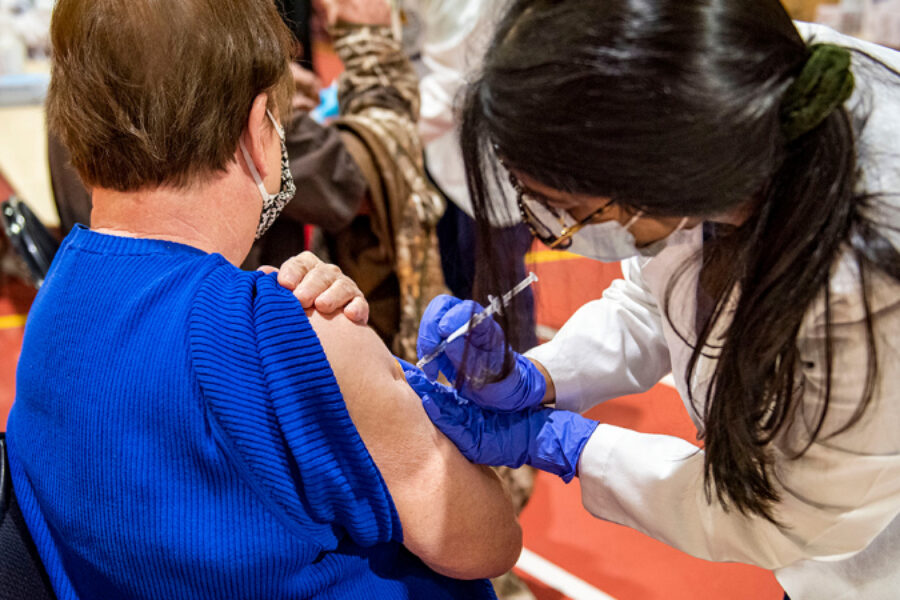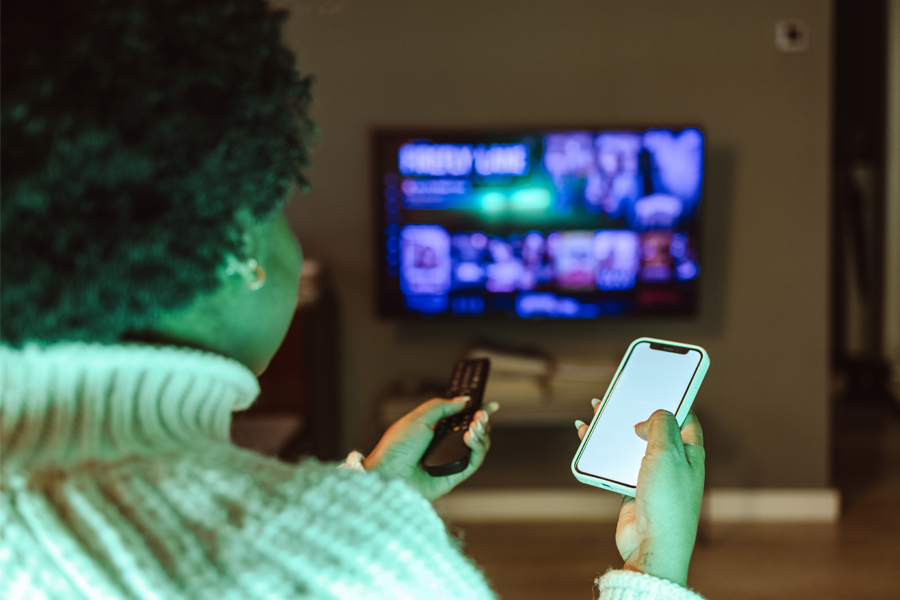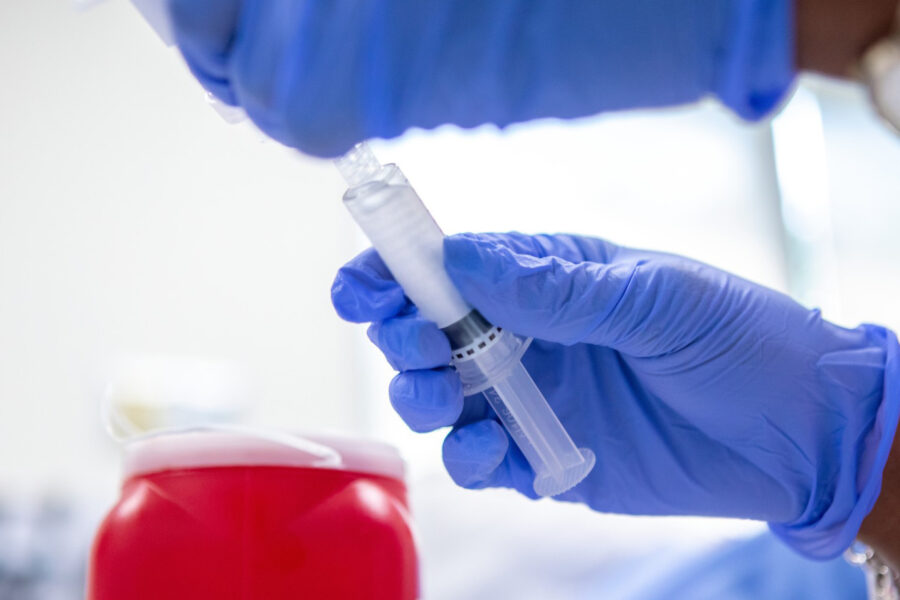NYITCOM Physician: Diabetes Patients Should Heed FDA Warning
In late February, the Food and Drug Administration (FDA) warned diabetes patients not to use smartwatches or smart rings to measure their blood glucose levels. Following the FDA’s alert, obesity medicine expert Eleanor Yusupov, D.O., assistant professor at the College of Osteopathic Medicine, shares valuable insight for these patients.
While many of these devices are marketed as noninvasive solutions, allowing users to measure their blood glucose levels without pricking the skin, Yusupov notes that the FDA has not authorized, cleared, or approved any noninvasive smartwatch or smart ring to measure glucose. What’s more, relying on these devices could have life-threatening consequences.
“It is very concerning that patients may be misled by the marketing claims and rely on smartwatches or smart rings that do not accurately measure blood glucose,” says Yusupov. “Using devices that are not approved by the FDA may lead to serious health consequences. If left untreated, very high or very low blood sugar can be extremely dangerous and cause severe complications, even coma and death.”
Instead, she advises patients with diabetes to use continuous glucose monitoring (CGM) devices approved by the FDA and provide accurate information about how a patient’s body reacts to diabetes medications and foods eaten. Depending on the specific CGM device used, physicians may program it to set off an alarm when blood sugar is dangerously high or low.
“Your doctor can recommend and prescribe a continuous glucose monitoring device that automatically checks your sugar and sends the result to your smartphone or a smartwatch. Most patients prefer this modern technology, which uses a tiny sensor placed in the arm, to traditional glucose meters that require pricking your finger,” she says.
Yusupov adds that, for some patients, monitoring blood glucose can be done at regularly scheduled doctor’s visits and does not need to be done daily. However, people using insulin or multiple diabetes medications are advised to monitor their blood sugar daily or several times a day to avoid dangerously high or low readings.
More than 38 million Americans are estimated to have diabetes, with 8.5 million believed to be living with the condition undiagnosed. In addition, 38 percent of the United States adult population is estimated to have prediabetes, a serious condition that increases the risk of developing type 2 diabetes, heart disease, and stroke.
Learn more about diabetes signs and symptoms.
More News

Physician Responds to CDC Vaccine Schedule Changes
Family medicine physician Shane Speights, D.O., site dean for NYITCOM-Arkansas, weighs in on the new recommendations.

Winter Weather Safety 101
Shane Speights, D.O., site dean at NYITCOM-Arkansas, shares tips to stay warm, dry, and safe during the cold months.

Brands Must Balance AI and Authenticity
As consumer behavior expert Colleen Kirk, D.P.S., explains, in 2026, marketers leveraging AI must remember to prioritize genuine connections and transparency.

What to Know About This Year’s Flu
As health officials brace for another active flu season, NYITCOM-Arkansas infectious disease physician Carl Abraham, M.D., shares what to expect and how to stay well.

The Cassowary’s Impact on the Rainforest
NYITCOM-Arkansas Assistant Professor Todd Green, Ph.D., sheds light on a bird species that plays an impactful role in rainforest conservation.

Buckling Down on Baby Safety
September is Baby Safety Month, and NYITCOM-Arkansas pediatrician Adam Hurst, M.D., shares vital information to help parents make one of their most important purchases: the car seat.